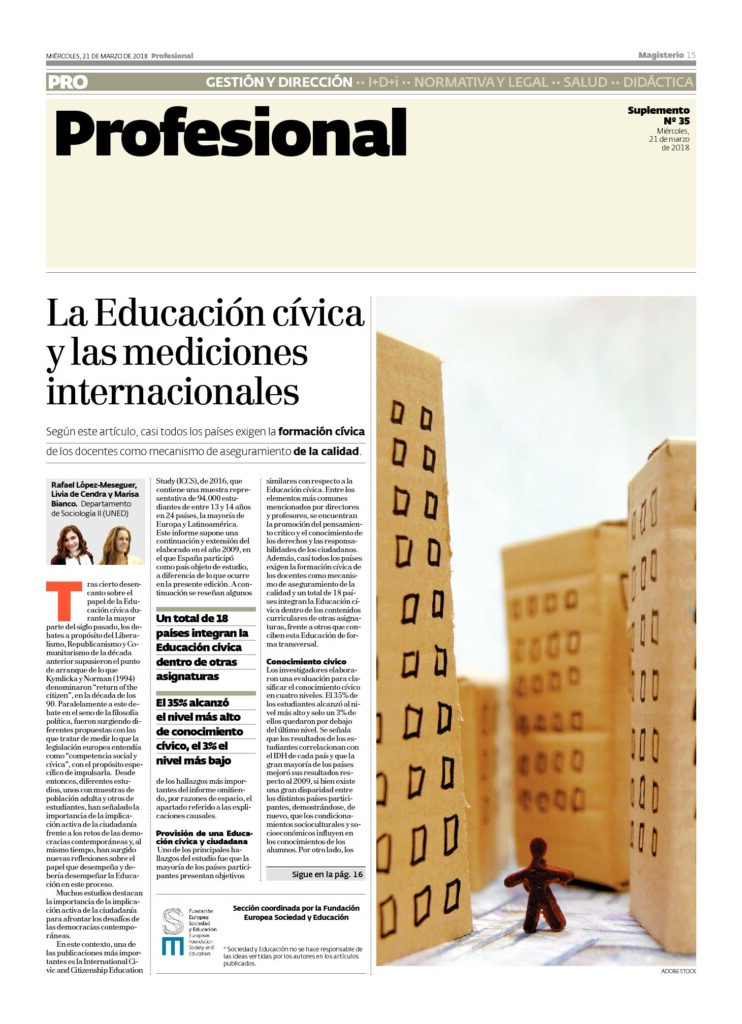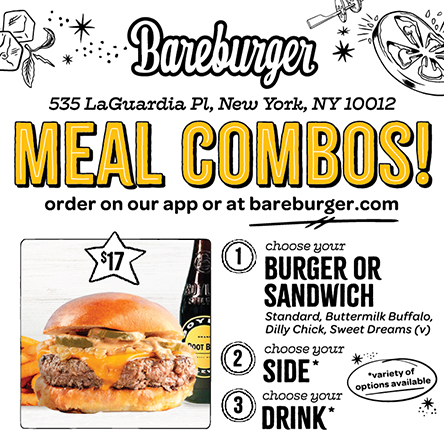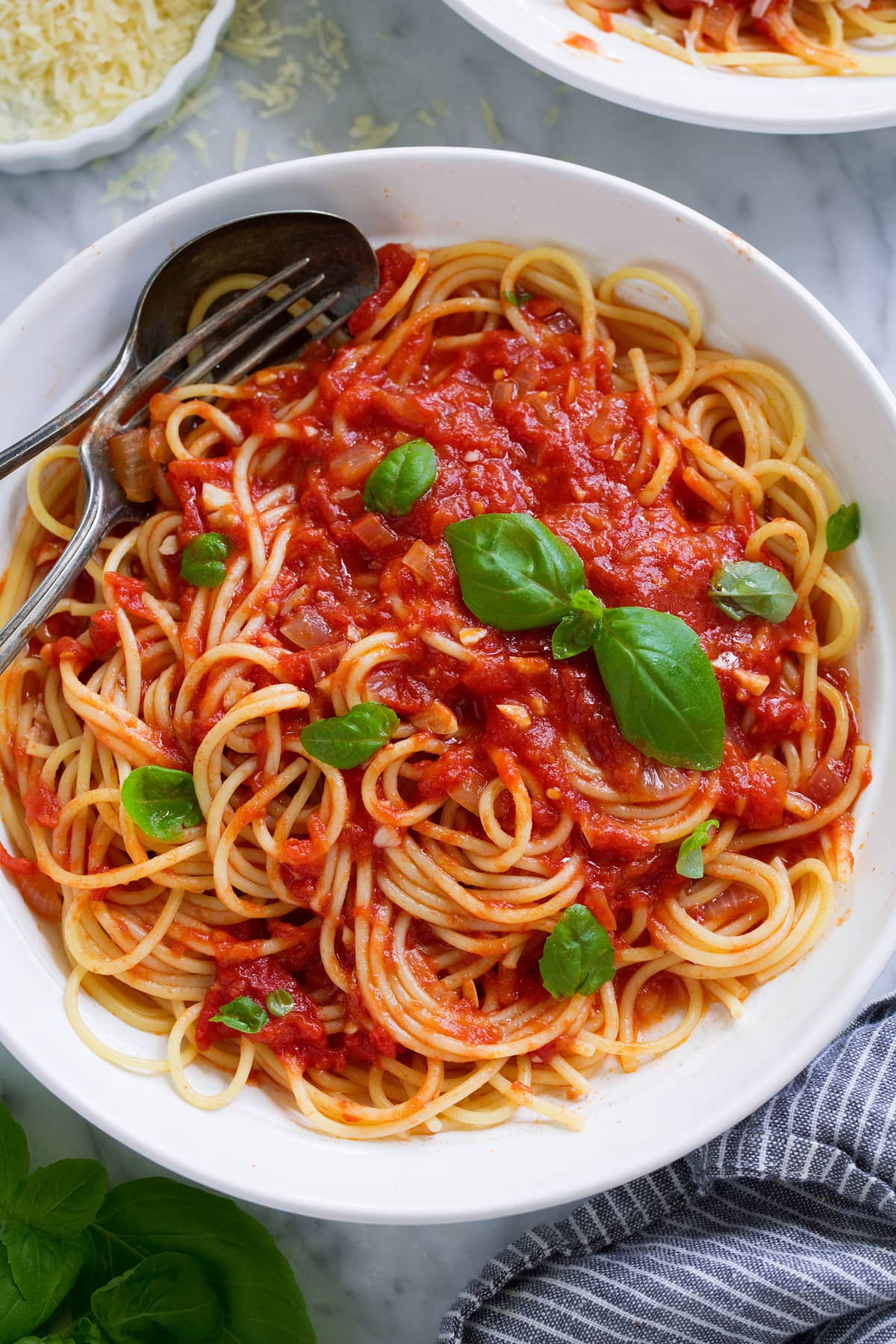As I began to overcome my homesickness, I started stepping out of my comfort zone, which was also a challenge for me. One of the first things I did in order to accomplish this goal was look at clubs and organizations that Boston University offered. BU has something at the beginning of each semester called Splash, which is a student group recruitment fair. It was here where I wandered around aimlessly for a while at the start of my freshman year and signed up for any club that looked remotely interesting.
You never know what may happen when you join a club, even for something you have no experience in. For example, in the spring semester of my freshman year, I decided to check out BU’s knitting club, even though I had never knitted in my life. I signed up for the club’s email list at Splash in the fall, but never got around to checking it out. However, as my first spring semester at BU commenced, I decided to do so. The first meeting in the student union lounge was pretty crowded, but the club provided me with some supplies and I was taught the basics. Unfortunately, the first few rows of my knitted square looked like a mess. Still, the desire for improvement motivated me to show up the following week. After that, attending knitting club meetings became a fairly regular routine for me. I would get a beverage from Starbucks, go to the lounge, pick up my square from the bin of yarn of supplies and knit a few rows.
What I enjoyed most about the knitting club was that not only did I have the satisfaction of learning a new skill, but it was such a calming distraction after a day of classes. I could relax, knit, and talk to the other club members. For two hours we would talk about how our week’s were going, share stories from high school, and discuss classes, TV shows, anime, restaurants, books, etc. I was able to get new recommendations and suggestions, like that I should check out John Mulaney’s comedy specials on Netflix. The knitting club was enjoyable and, by May, my messy square transformed into a decent looking rectangle.
The end of my first semester with the knitting club also brought a surprise: the e-board asked me if I could be vice president for the following year, since the existing members would be graduating. I never thought I would be suited for a leadership position, but it was one of those moments where I thought “why not?” So, I agreed to take on the role during my sophomore year and I, once again, had a fun experience with the club. I taught new attendees the basics (since I was by no means an expert) and conversed with both them and existing members alike. This was an outcome I would have never anticipated, yet it certainly assisted in pushing me out of my shell.
Aside from clubs, I emerged from my comfort zone by doing activities off-campus. I had classes that required me to go to the Museum of Fine Arts and the Isabella Stewart Gardner Museum (to which BU students had free admission). Art was never a strong passion of mine, but I always decided to make days of these trips. I would spend a few hours walking around and checking out the countless works of art while imagining a different time period.
Another way I got to know Boston during my first two years was by making plans with friends that I met at BU. These plans ranged from simple, spur of the moment stuff like going to see a movie or eating out somewhere, to more organized outings such as going to Anime Boston, trying out an escape room, seeing a ballet, and attending a hockey game. Even though I would classify myself as an introvert, planning activities with friends gave me something to look forward to throughout the semesters. This was especially important during the periods when I needed a break, signified by the multiple essays I would simultaneously write and the mountains of reading I was drowning under.
When my family drove to Boston to visit me, that meant we could use the car to easily drive to areas outside of the city and explore other parts of Massachusetts. For instance, in the spring of my sophomore year, my relatives from Guatemala flew to see my family in New Jersey. During their visit, we took the opportunity to visit Salem for the first time, which turned out to be a really fun outing where we walked around the historic city.
Essentially, the three things I recommend in order to get to know your city/campus more are:
- Joining a club/organization because you can meet people, try something new and pick up a hobby.
- Taking advantage of free/reduced admissions that you are offered as a student.
- Accepting/making plans with friends and family.

By: Monica Manzo
Monica Manzo recently completed her undergraduate studies at Boston University where she majored in English and minored in History. Currently, she is planning on applying for some masters programs in publishing. In her free time, she can be found either reading or adding to her pile of unread books.
For over 20 years, the Campus Clipper has been offering awesome student discounts in NYC, from the East Side to Greenwich Village. Along with inspiration, the company offers students a special coupon booklet and the Official Student Guide, which encourages them to discover new places in the city and save money on food, clothing, and services. At the Campus Clipper, not only do we help our interns learn new skills, make money, and create wonderful e-books, we give them a platform to teach others. Check our website for more student savings and watch our YouTube video showing off some of New York City’s finest students during the Welcome Week of 2015.










